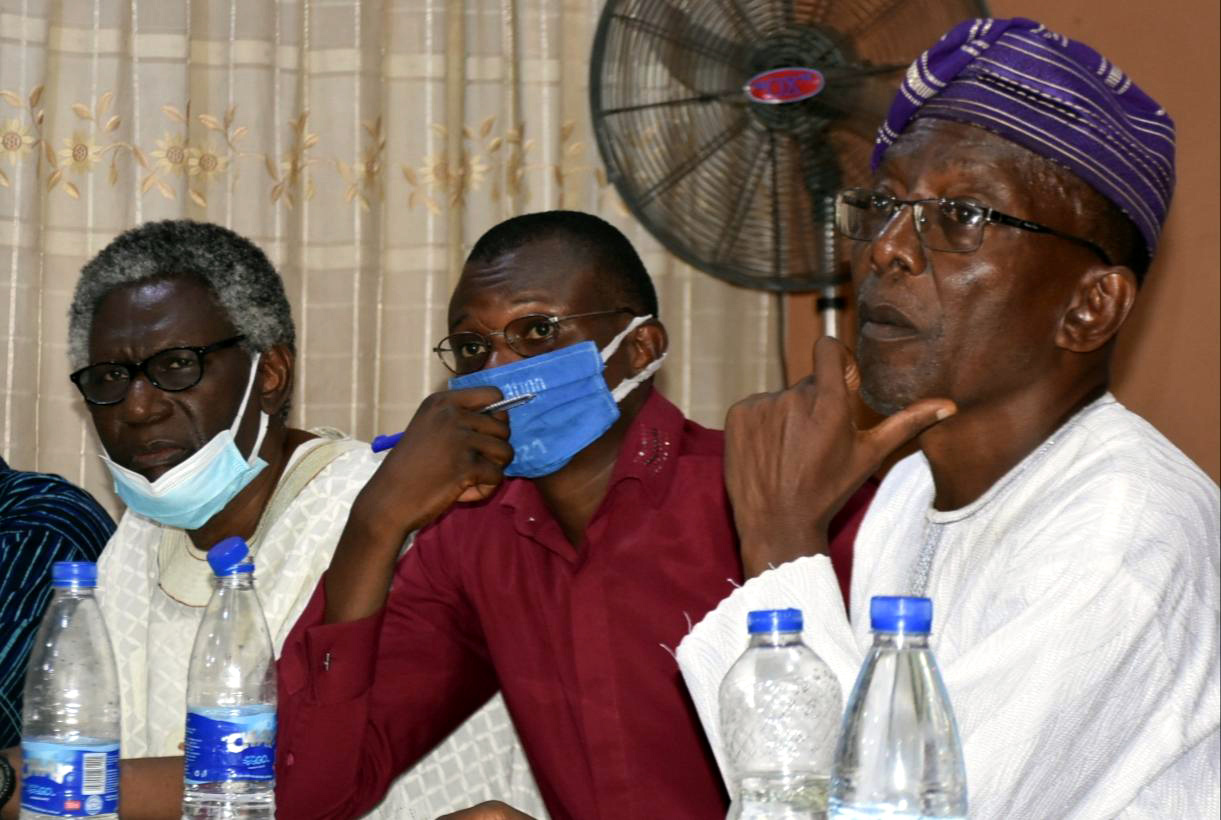Business
DFIs, Multilateral Partners Plan $80bn Investment In Nigeria, Others

The G7 Development Finance Institutions, the (IFC), the private sector arm of the African Development Bank, (EBRD) and the European Investment Bank, have, announced their plan to invest $80bn in the private sector over the next five years to support sustainable economic recovery and growth in Africa.
They said this on Monday in a statement, titled ‘G7 Development Finance Institutions and multilateral partners to invest over $80bn into African businesses over the next five years’.
The Covid-19 pandemic had caused a severe global economic and health crisis, the statement said.
It added that the announcement was a welcome boost to support the long-term development objectives of African economies that had been negatively impacted by the crisis.
“It is the first time the G7 DFIs have come together to make a collective partnership commitment to the African continent,” it stated.
According to the statement, the IMF estimated that sub-Saharan Africa needed additional financing of around $425bn between now and 2025 to help strengthen the pandemic response spending and reduce poverty in the region.
The UK Minister for Africa, James Duddridge, said, “The UK is proud to back this commitment by world leaders at the G7 Summit to invest more than $80bn in Africa’s private sector over the next five years.
“This investment will create jobs, boost economic growth, help tackle climate change and fight poverty. It comes at a crucial time as the continent rebuilds its economies, severely impacted by Covid-19.”
The Chief Executive Officer, CDC Group, Nick O’Donohoe, said, “The patient, high-quality capital that DFIs provide is urgently needed if African economies are to start to rebuild quickly from the impact of the pandemic.
“CDC is committed to building long term investment partnerships in Africa that fuel sustainable private sector growth in support of the UN’s Sustainable Development Goals.”
The President of the European Investment Bank, Werner Hoyer, said, “The EIB welcomes G7 leadership to enhance support for high-impact investment across Africa during and after the pandemic.
“Last year the EU Bank’s engagement in Africa, as part of Team Europe, represented the largest ever support for climate action and investment in fragile states in 55 years of EIB operations on the continent.
“We stand ready to cooperate further with African and multilateral partners to tackle both Covid-19 and accelerate the green transition in Africa.”
Business
Nigeria’s ETF correction deepens as STANBICETF30, VETGRIF30 see 50% decline in a week

Business
BOI Introduces Business Clinic

Business
Dangote signs $400 mln equipment deal with China’s XCMG to speed up refinery expansion

-
Maritime2 days ago
Customs Declares War Against Narcotics Baron At Idiroko Border
-
Maritime2 days ago
Nigeria To Pilot Regional Fishing Vessels Register In Gulf Of Guinea —Oyetola
-

 Sports1 day ago
Sports1 day agoGombe-Gara Rejects Chelle $130,000 monthly salary
-
Maritime2 days ago
NIMASA,NAF Boost Unmanned Aerial Surveillance For Maritime Security
-
Maritime2 days ago
NIWA Collaborates ICPC TO Strengthen Integrity, Revenue
-

 Sports1 day ago
Sports1 day agoTEAM RIVERS SET TO WIN 4×400 ” MORROW” …Wins Triple jump Silver
-

 Sports1 day ago
Sports1 day agoNSC eyes international hosting rights
-

 Sports1 day ago
Sports1 day agoNPFL Drops To 91st In Global League Rankings

